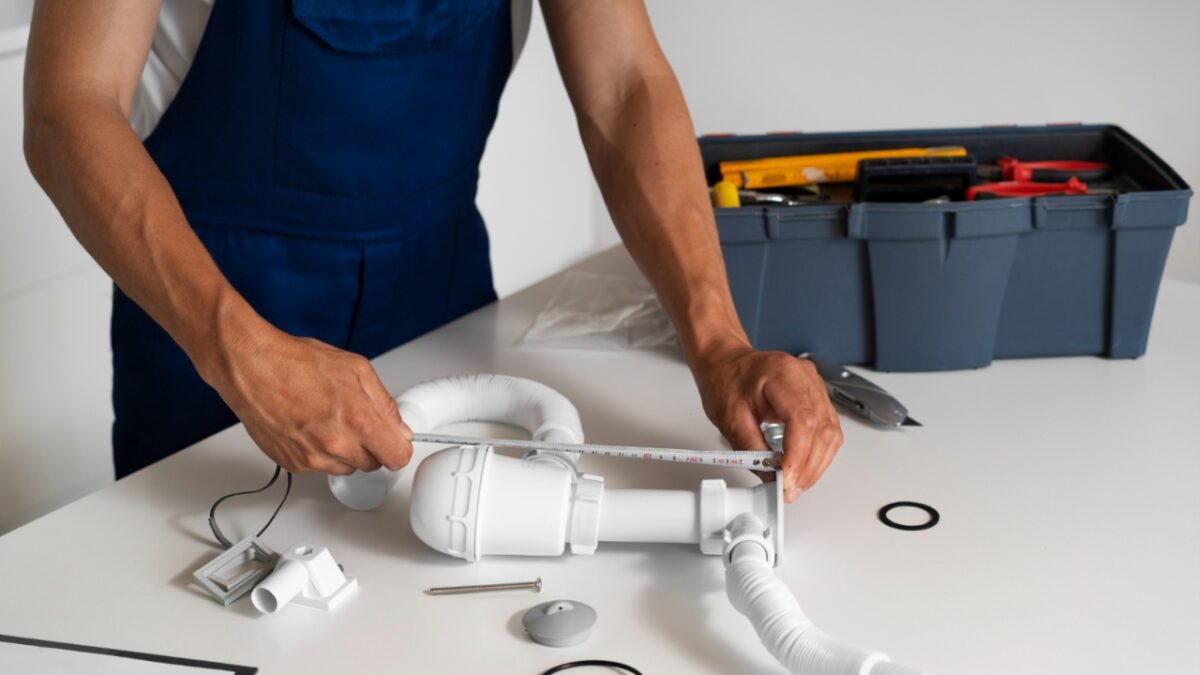We all know water leaks happen – from the roof, from damaged pipes, due to severe weather or your home simply ageing. Nobody likes a flooded home or nasty yellow stains on the walls, but what damage do water leaks do behind the scenes? And what can you do to prevent it?
Mildew, mould, and legal liability
Mould is a fungus that can invade walls, tiles, furniture, and fabrics. It spreads quickly and is stubborn once it sets in. Mildew is the whitish coating that fungi cause to grow on the surfaces they invade. Both can cause respiratory infections, allergic reactions, asthma attacks, skin infections, and more.
They can also get you into legal trouble. Properties with damp and mould issues are a key talking point in the debate about improving rental housing standards in Australia. Whether you own or just manage the property, you have to keep it habitable and safe for all occupants. Any kind of health hazard, property damage, or other problem resulting from excess moisture could result in you being accused of negligence.

Ruined electrical installations
Water is a conductor, and any moisture from a leak can cause a short-circuit. It can directly damage the affected appliance, or trigger a home-wide power outage. Everything is at risk, including lighting fixtures, stoves, computers, and media devices, especially if the leaking water is flowing through your walls where the installations are.
Be especially mindful of appliances that require water to operate, such as dishwashers, laundry machines, or water heaters. The excess moisture could cause corrosion damage that goes unnoticed for a long time. Moreover, if the appliance relies on an electric motor, it will burnout sooner than it should.
This makes it prone to overheating, catching fire, or outright exploding, so an electrical failure directly translates into a fire hazard. Your fire safety systems could also be compromised due to leak-inflicted corrosion on the valves, pipes, and other elements. Detectors, alarms, sprinklers, etc. may malfunction or fail in an emergency.
Foundation and structural damage
Untreated leaks are apt to corrode and weaken your home’s foundation, making it sink or literally fall apart. Small leaks can happen during construction and plumbing, but they’re usually recognized and sanitised right away. Outdated pipes or faulty materials can cause problems later on, and they can go undetected for a long time.
The same holds true for walls, especially wood and drywall. They swell when consistently exposed to water, become deformed, and will eventually rot, crack, chip, split, and crumble. It’s a serious structural hazard that could result in massive damages and severe injury. That’s why you need a reliable water leak detection system or service – ideally, you would have both a home solution and a local expert on-call just in case. The earlier you spot the problem, the sooner you can address it, and the less it will cost you.

Utilities, pests, and valuables
A leak can make your utility bills skyrocket. The wasted water adds up fairly quickly, and you need more energy to keep warm and clean, as the moisture in the air and walls cools your space and causes appliances to work below optimum. Identifying and fixing leaks while they’re small can cut down on your hot water bill as well as conserve resources for your community.
Additionally, various undesirable critters including insects and rodents flock to leak-affected structures. Moisture-damaged walls and floors are softer and easier to burrow and nest in, providing them with shelter and easy access to food – whether the wood in your walls, the groceries in your pantry, or yourself if the bugs bite. This also creates the risk of disease.
Finally, depending on the scope and severity of the leak, you could face significant damage to your belongings. Items at risk include furniture, electronics, artwork, and clothing. Not only would it be a financial blow to repair or replace them, it would also be quite emotionally distressing.
What can you do?
In a nutshell, be vigilant. You can avoid most water leaks (bar some unexpected catastrophe) if you keep a close eye on your property and take good care of it.
Regular prevention:
- Install a water metre with leak detection
- Seal any cracks or holes in walls, ceilings, and the roof
- Unclog pipes and properly configure pressure regulators
- Replace the pipes if your property is 70+ years old
- Replace your sump pump every 7-10 years
- Prevent tree root overgrowth
- Keep your gutters clean
Symptom detection:
- Sagging walls and ceilings
- Creaking or dripping noises
- Rust around door and windows
- Paint, plaster, wallpaper, or mortar bubbling up or chipping off
- A spot that constantly feels unusually cold to the touch
- Subtle staining or discoloration
- A musty odour
- Sinkholes or wet patches
- Unusually high bills
All of the issues we discussed above can be prevented with proper maintenance, and remedied at minimal cost as long as you spot the warning signs early.
To summarise, water leaks in your home impact your long-term health, immediate safety, finances, legal and social standing, and even your emotional well being. Monitor your property and be proactive in your maintenance.
If a leak still happens (e.g. after a storm), recruit expert help – a subpar DIY repair can cause more damage down the line. Commit to fixing all issues promptly to keep your home, environment, and loved ones healthy and safe.


